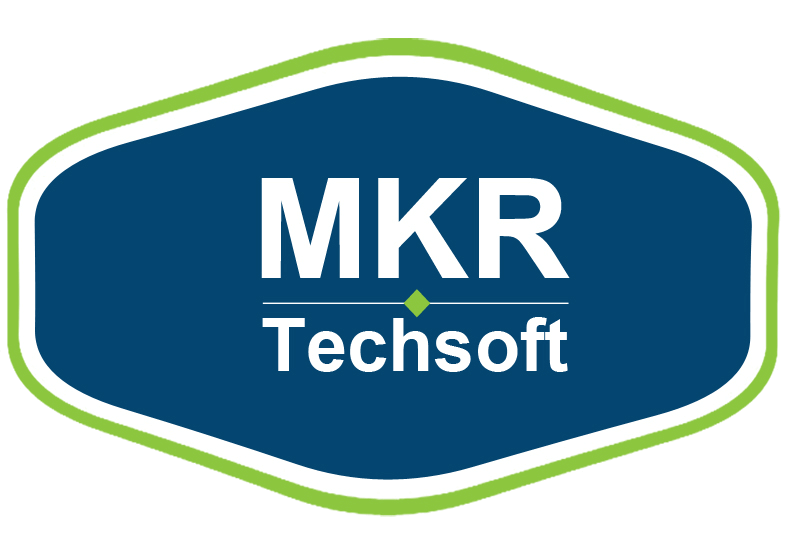Relevance is a topic that comes up frequently when discussing link building services. Since none of us is quite sure of how Google determines relevance, no one can truly offer a specific response to this question. Even having access to tools like the Google natural language processing API and seeing categories like these doesn’t guarantee that we understand how Google determines relevance because there will be many more behind the scenes hidden from view.
Even if we understood Google’s specific relevancy metric, the degree to which they reward or penalize content they discover while crawling the web is a matter of debate—just like any ranking signal. Although we know they employ page speed, they can still adjust it in any way they see fit.
One of the intriguing things about SEO link building service is this. We are testing and improving based on the outcomes we obtain while optimizing for something we cannot fully see. We can make assumptions about what Google would do or what we see them doing, but another person might observe the exact opposite, and both might be right.
The potential solutions to link building strategies, specifically relevance’s role, are much more complicated than we initially imagined. Since significance isn’t binary, this is the case. We cannot simply state whether or not a link is pertinent. We cannot determine content’s relevance. The solutions are far more complicated than this, and we must further dissect the issues to understand how Google would view them.
Let’s start by separating link relevance and content relevance with this in mind.
Link Relevance:
When we discuss the page’s topic and domain where the link is located, we refer to link relevance. We frequently look for target websites to contact when creating connections, and it’s typically a good idea to discover “related” links, but “relevant” can be challenging to define.
Domain Relevance:
If you obtain a link from Moz.com, we may say that the topics covered include SEO, digital marketing, content marketing, etc. These are a few main categories into which we could group Moz. While the subject of digital marketing is broad in and of itself, defining the Moz domain and determining what is and is not related to it is not complicated.
Page Relevance:
When you consider websites like The New York Times, which has dozens of categories and hundreds of subcategories, things may become much more complex. They may be broadly categorized as a news websites, but they contain sections for just about any subject you can imagine.
Anchor text:
We can also provide additional components, like anchor text, to increase the relevance of links. What if you receive relevant anchor text, yet the page where the link is located is about another subject? Does this increase or decrease the relevance of the link building services?
In many cases, you might not even be able to influence the anchor text being used, so that it might be completely random. Although we know that Google uses anchor text to interpret links, how much do they use it? And this is only the tip of the iceberg regarding connection relevancy.
Content Relevance:
Next, we have content relevance, which is more concerned with the website page that receives links. It may be a page that already exists or a completely new page that you’ve developed to aid in link development. The characteristics of the material that lives on your website are much more under your control; therefore, it’s realistic to expect Google to hold you more accountable if you publish something intended to gain the best link building service but deviate slightly from the topic.
When you consider that as an SEO link building service, we frequently have link targets we want to achieve to catch up with, surpass, or maintain a lead over our competitors, things become challenging. We aim to acquire as many high-quality links as possible to maximize the volume of traffic we receive from organic search.
You might broaden the subjects and issues that you write about in your content to get additional links. Naturally, other link building services target becomes available, increasing your likelihood of obtaining more links. This comes down to finding a balance between creating content pertinent to your business and getting as many links as possible.
Since expanding on subjects and themes can result in more links, several agencies occupy the right side of the screen. Since our business does an excellent job of showing link building strategies that have received hundreds of links, we believe that this is what all of us should be going for. The pressure to create significant amounts of links is what drives irrelevance. However, Google wants us to concentrate more on pertinent topics because they eventually wish to earn whatever connections we receive.
In our opinion, content relevance is much more important than link relevance:
After discussing each one, we believe that Google values content relevance much more than link relevance, which will affect how you perform in organic search results. Here are a few justifications.
Anybody can connect to you:
You have no accurate control over who links to your website; it might be anyone on the internet. This contributes to the difficulty in removing link spam and developing the disavow tool. Anyone can link to you for any reason, even putting spam to one side.
For instance, we can link to one of our all-time favorite pieces of content on the Moz blog. Neither the websites nor this blog article about link building services links to movie-related content is related to one another in terms of the type of business they both conduct. But nobody would consider this to be spam.
What happens if NASA links to your SEO blog? We are confident that you wouldn’t be upset about it.
The point is that it appears unlikely that Google would have an issue with links like this; therefore, there is no need to be concerned.
But do they hold any worth? Does the link above from Moz to a piece of movie-related information have the same value as, say, a link from IMDB? This brings us to our second point, which is why we believe link relevance is less critical than content relevance.
Probably, authority and trust take precedence over link relevancy:
We think Google link builder is very concerned with how much they can trust a particular page and the links from that domain. We risk a bet that Moz is a reliable domain with the capacity to benefit the websites it links to. We know that they may “turn off” a website’s ability to send PageRank to another and that they can now interpret the no to follow tag to determine whether it can be used for indexing and ranking purposes.
This would enable them to continue passing value even when there isn’t topical relevance since they trust the website providing the link, which is something that, as we can see, can happen.
We produce content that gives Google a more potent signal:
You still maintain general editorial control over the procedures for publishing such content, even if your website features a significant amount of user-generated content. In essence, you may be held liable for the stuff you produce.
Few people would contest the relevance of writing about personal finance while running an online pet shop. But because the content is on the website you administer, you are responsible for it instead of receiving a random link from a personal finance website. Because of this, Google may hold you to a higher standard.
Therefore, Google might claim that even if that piece of material receives 100 links, it won’t be given any weight because they don’t perceive any subject relevance. You can get in touch with MKR if you want to learn more about the link-building services and strategies. We will also instruct you on the relative importance of links and content in link development services.















